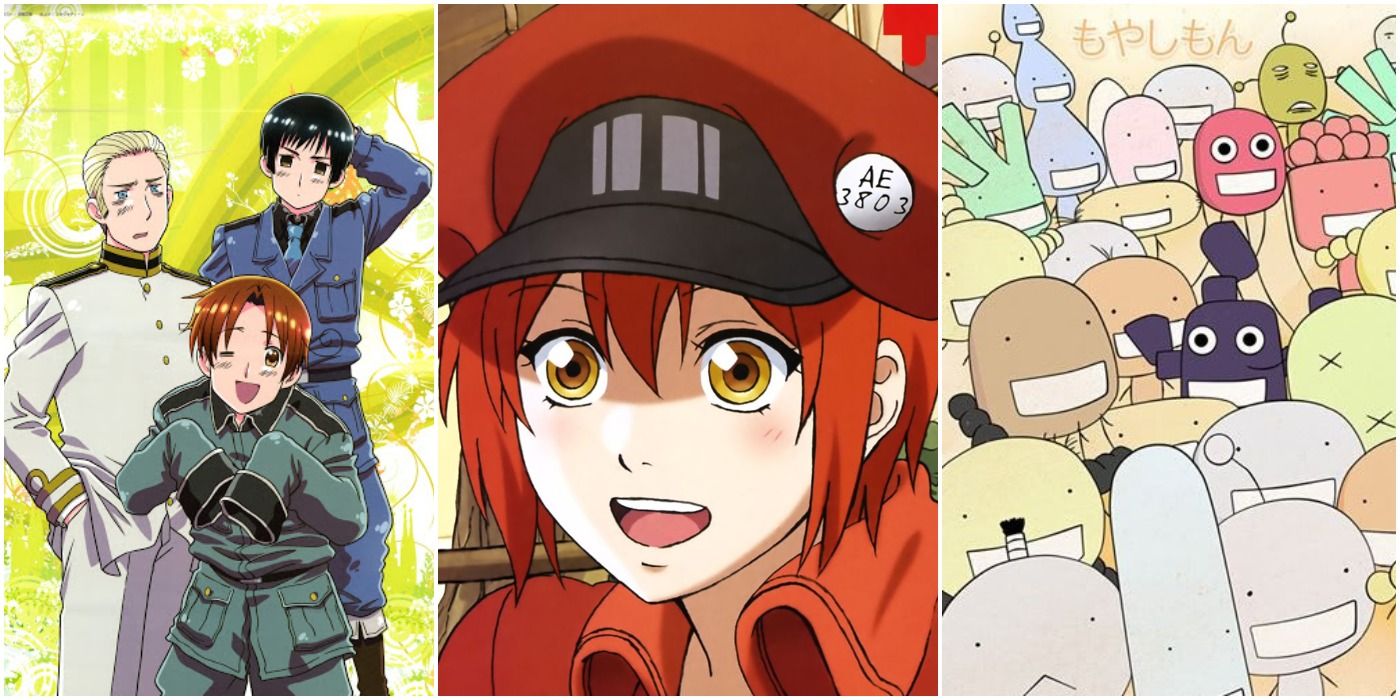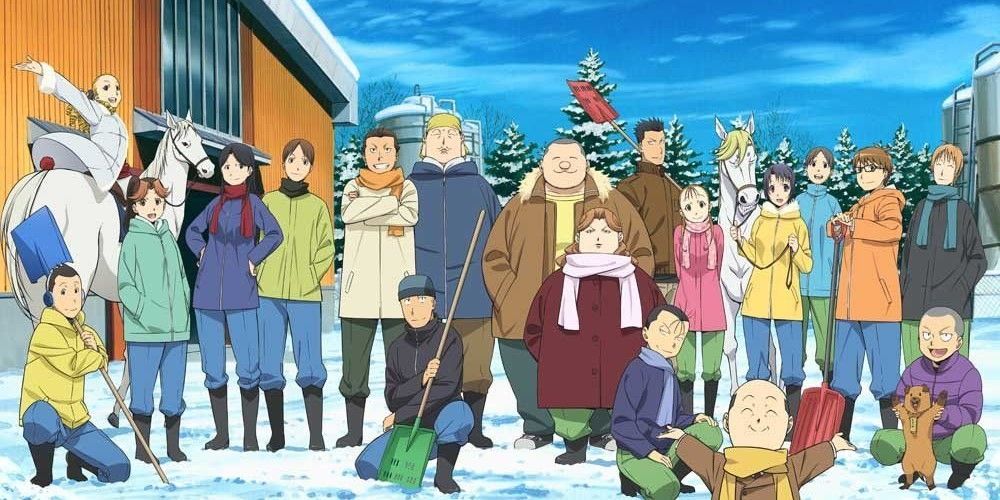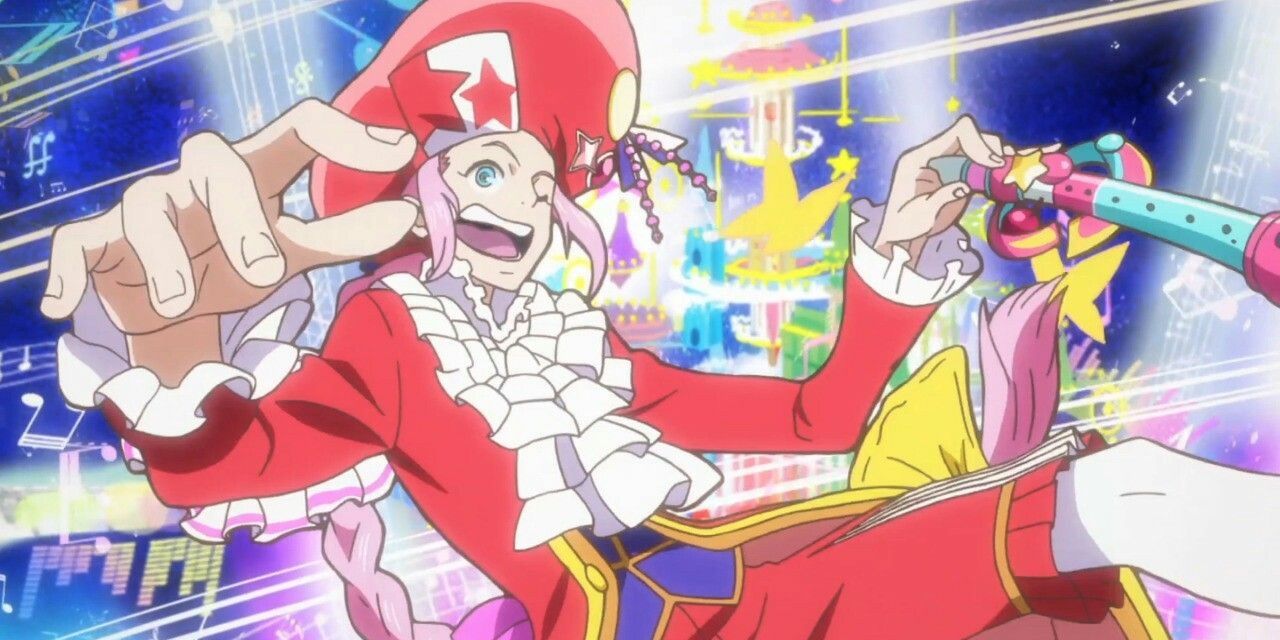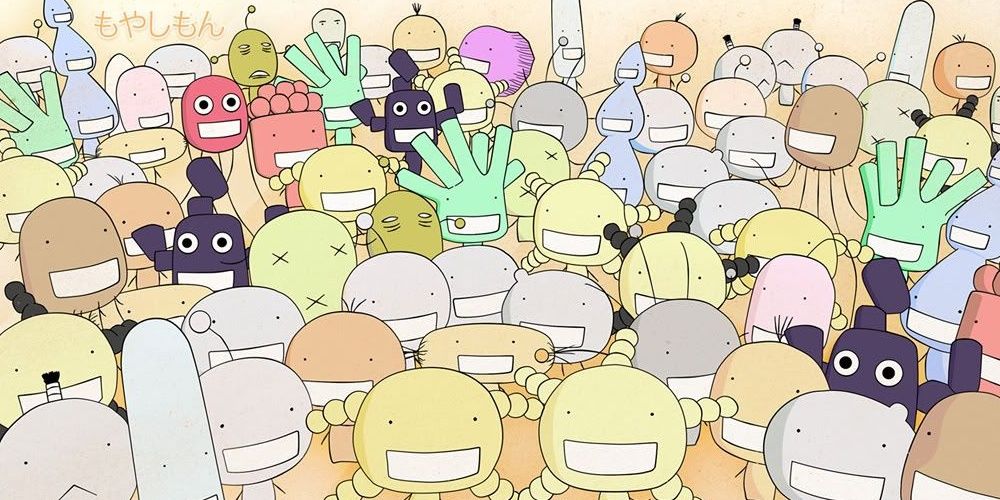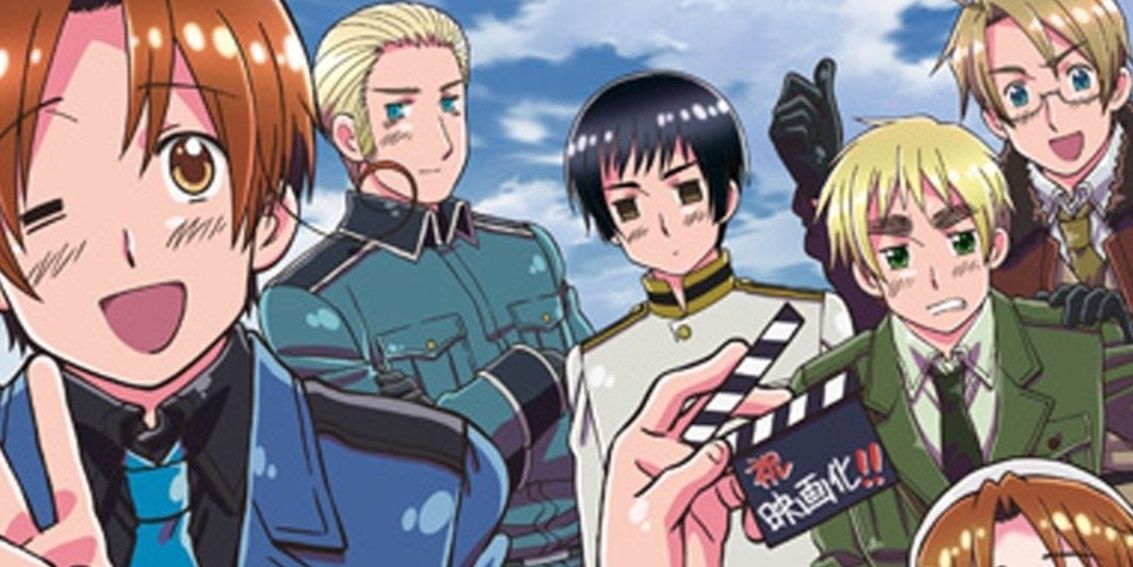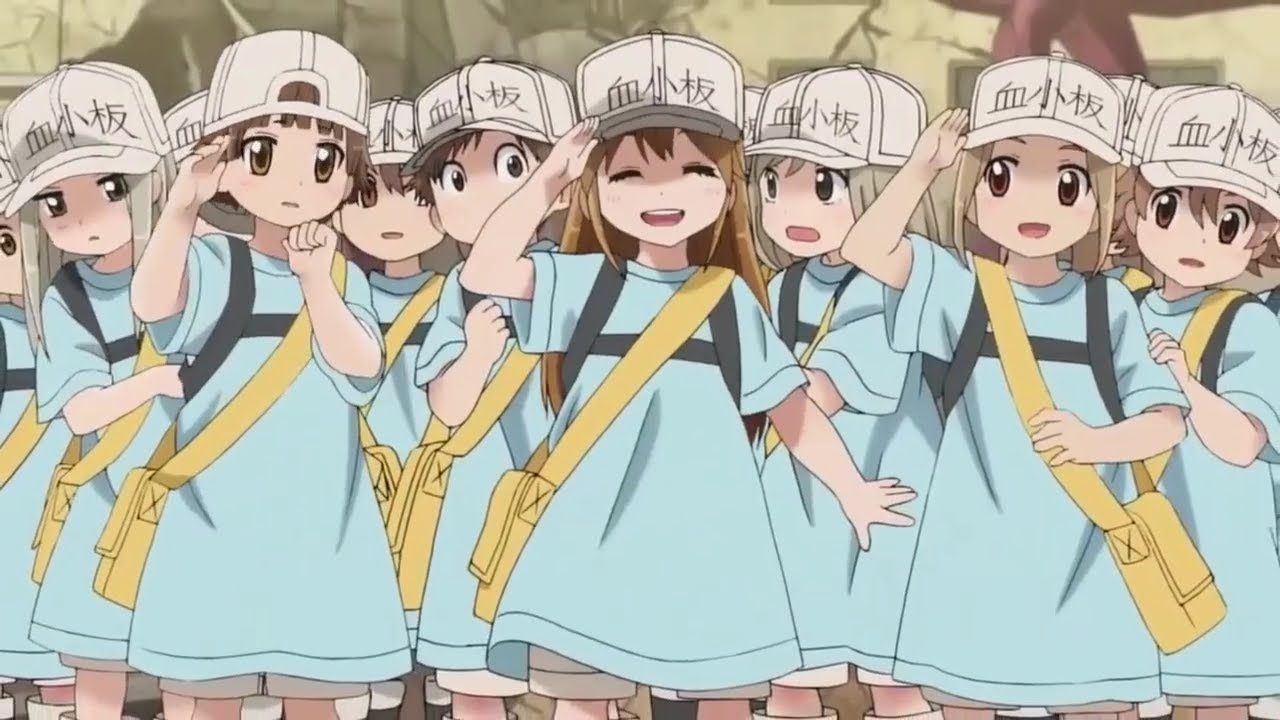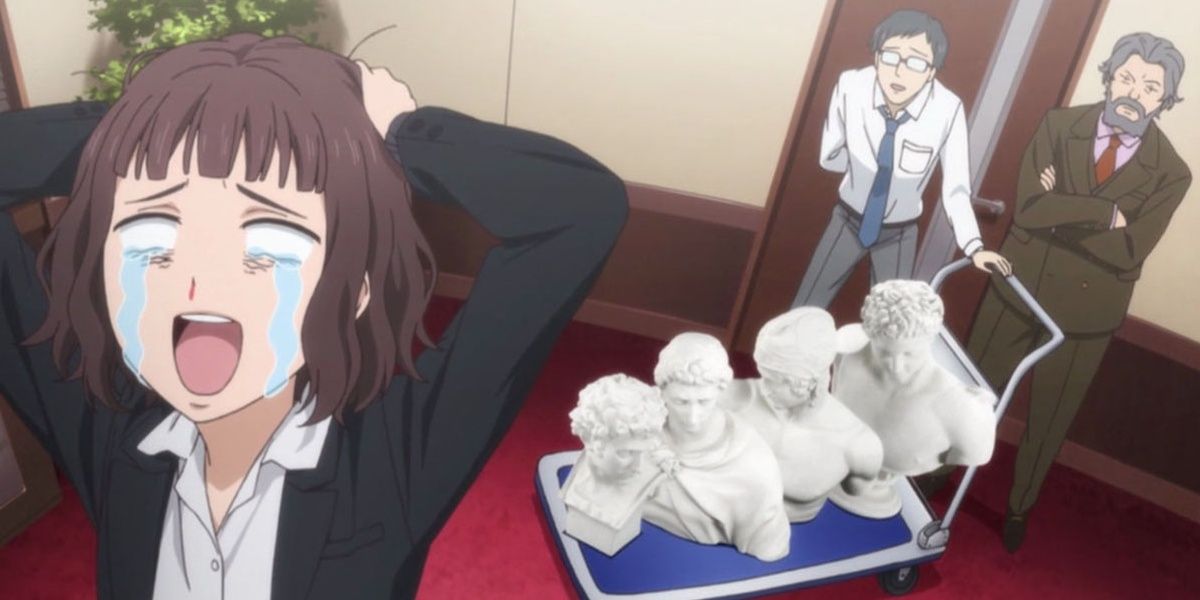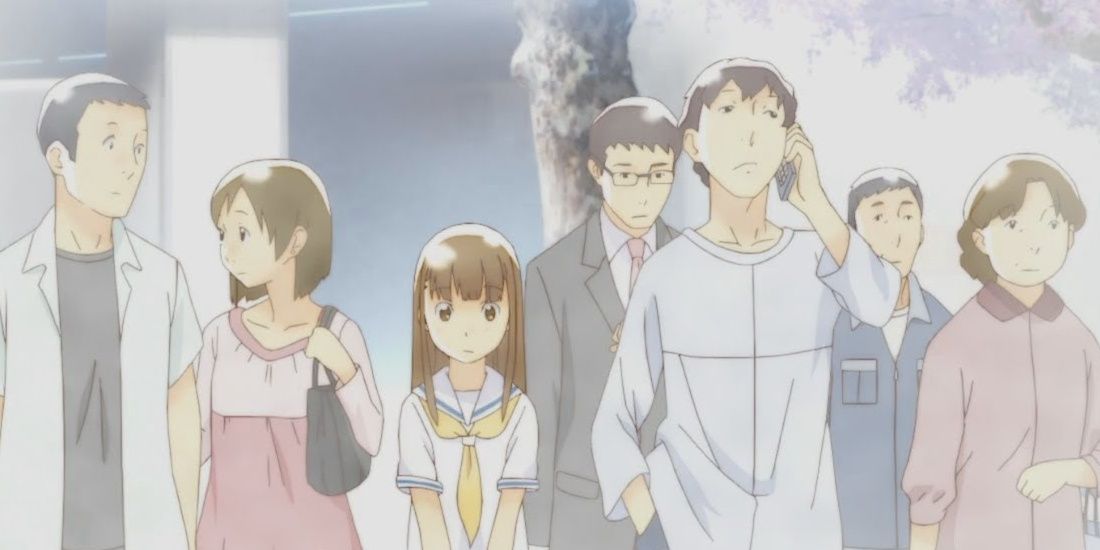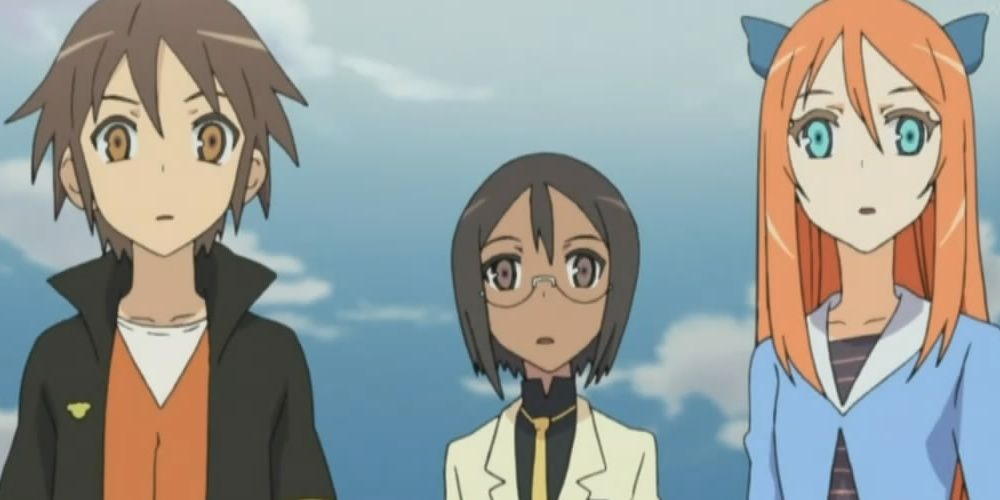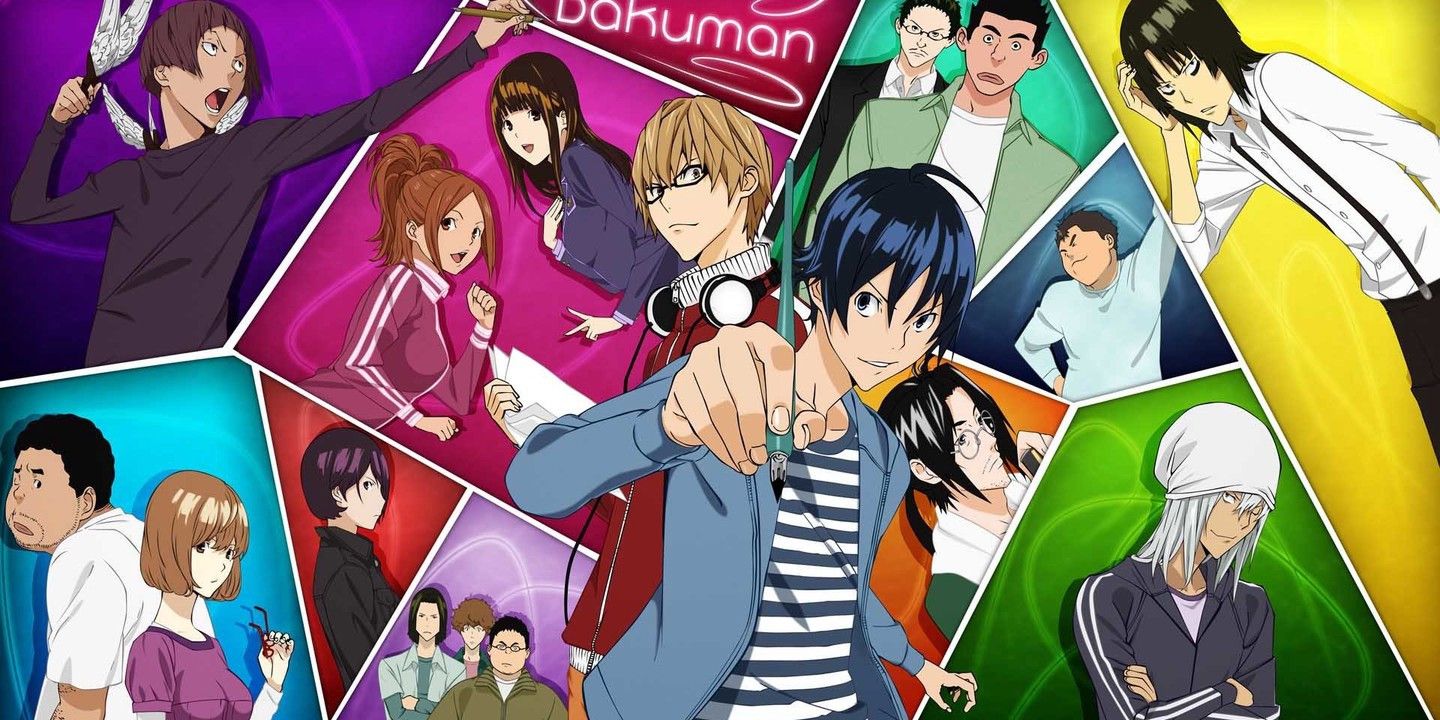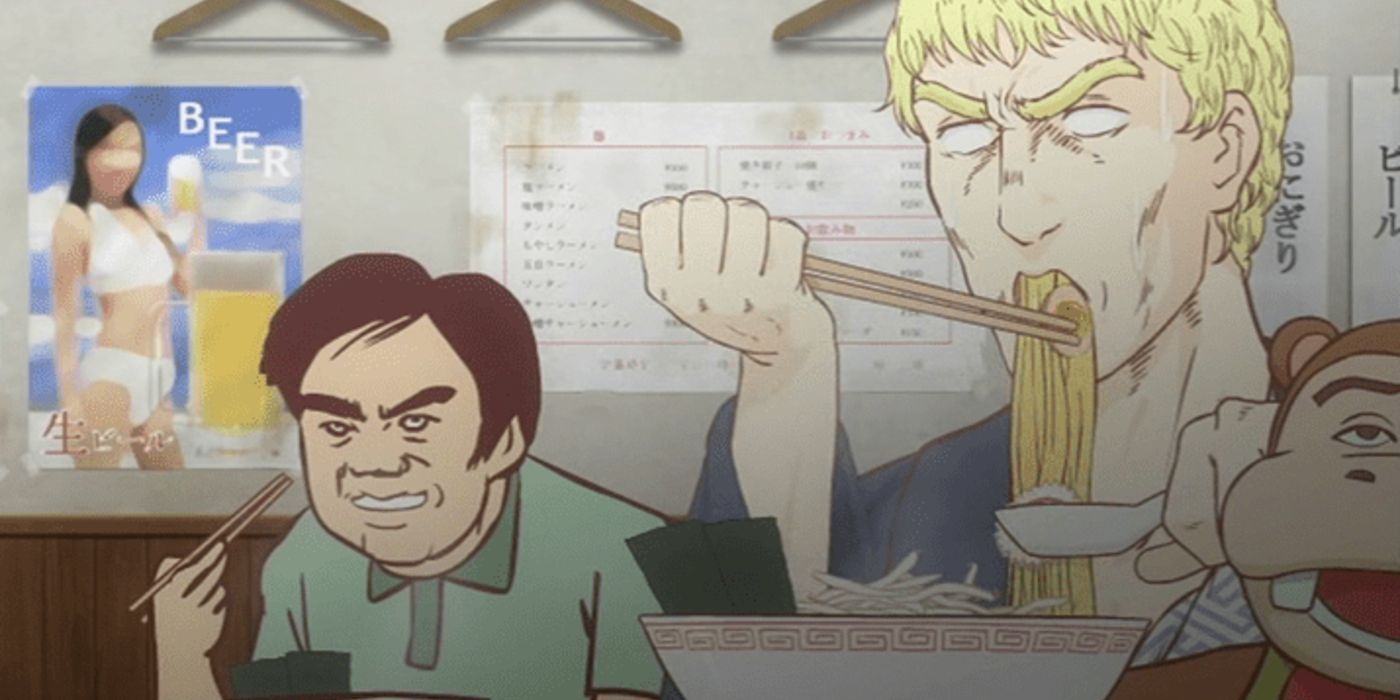Like all animation, anime holds the inherent capacity to educate as much as entertain. While many writers use the medium to teach esoteric life lessons about morality, others take the idea of teaching a lot more literally. For as long as anime has existed, it has been used to teach children and adults about the world we live in. Doraemon is among the oldest series known to do this, but it's far from the only example.
It's no easy thing balancing storytelling and teaching, and for every edutainment series worth watching, there are at least as many duds to avoid, particularly because they fail at the "entertainment" portion of the portmanteau in question.
10 Watch: Silver Spoon
For most otaku, simply knowing that Hiromu Arakawa wrote this series is reason enough to invest time in it. But this slice-of-life show about leaving behind the city to attend an agricultural school is a far cry removed from Fullmetal Alchemist. Arakawa herself grew up on a cow farm in the rural northern region of Hokkaido. Silver Spoon demonstrates her wealth of background knowledge on the subject.
By watching Yuugo Hachiken adapt to Ooezo Agricultural High School, the audience learns about everything from horseback riding, to dressing a deer, to rearing cows, to the internal struggle that comes from raising an animal in order to eat it. The series is all about growth and gratitude, and the myriad ways people can live fulfilling lives.
9 Skip: ClassicaLoid
It seems unfair to refer to ClassicaLoid as edutainment, but what else could this unfunny disaster be called? Ostensibly, there would seem to be lessons to learn here. After all, the series' cast features bizarre caricatures of such renowned classical composers as Bach, Beethoven, Mozart, Schubert, and more, living together in a mansion in rural Japan.
One would assume this show might teach its audience about these historical figures. But there is virtually no plot, and the music is intentionally butchered in favor of being goofy. Anyone looking to learn more about music should turn elsewhere.
8 Watch: Moyashimon
Moyashimon doesn't pretend to be anything but educational, sometimes to its detriment. But for anyone interested in microorganisms, the series provides a wealth of information, Rather than seeing spirits like dozens of other protagonists, Tadayasu Sawaki, the hero of Moyashimon, is instead gifted with the ability to see microbes, which appear to him alone as cute mascot-like characters reminiscent of NHK's Domo mascot.
Like Silver Spoon, this series takes place at an agricultural university, where this talent comes in extremely handy— and through the eyes of Sawaki, the audience learns about everything from making sake to the perils of E. coli.
7 Skip: Hetalia
The main problem with Hetalia: Axis Powers isn't that it's not educational. In many regards, Hetalia does deliver a plethora of historical information. But the choice to depict each nation as an anthropomorphized caricature and then pit them against each other proves problematic at best and downright offensive at worst.
Many of the characters encapsulate xenophobic and racist stereotypes, a truth exacerbated by a portion of the fandom that often has "fun" with the series' racism, including a particularly notorious incident involving Nazi salutes in a Hetalia cosplay photoshoot in 2010.
6 Watch: Cells At Work
Cells at Work began as something of a sleeper hit when it aired in early 2018, but its popularity since has only grown. For anyone familiar with The Fantastic Voyage or even movies like Osmosis Jones and Honey, I Shrunk the Kids, the premise isn't especially novel. The audience is witnessing a microscopic world from the inside of a human body, following the daily lives of anthropomorphized cells and bacteria.
The real trick is the trapeze act the show performs, balancing elements of comedy and action alongside a hearty dose of biology basics. For anyone who can't remember what T Cells are or what macrophages do, Cells at Work is here, and the second season just started airing.
5 Skip: Sekkou Boys
Sekkou Boys really is a head-scratcher. It features possibly the strangest idol group known to anime, "The Rockies," which is made up of the busts of Greek and roman statues. Not made up of characters based on the statues, but the actual, armless statues.
Ostensibly, the series teaches the audience some art history, but the burden of the outlandish premise gets in the way of any deeper-level learning. On the whole, the show feels like a bizarre and wasted opportunity.
4 Watch: Wandering Son
BL and Yuri manga and anime enjoy a rabid fan-following, and there are many gems in the genre. However, queer fans are often among the first to remind others that no shortage of the genre tropes are problematic. For this reason and more, Wandering Son is an invaluable addition to the budding LGBTQ+ anime landscape.
Wandering Son tells the story of two young trans children in modern Japan living their daily lives and coping with gender dysphoria. Trans issues are handled with care here, and while the series isn't perfect, it does teach those who watch it to look beyond the clichés many indulge in and consider the reality of being queer in the modern world.
3 Skip: Element Hunters
Good intentions aren't always enough to make a show compelling, even when its heart is in the right place. Element Hunters was produced with the explicit intention of educating its audience in the field of chemistry. Unfortunately, hampered by a distracting plot in which the scientific elements go missing and transform into monsters in a parallel world called "negative earth," the show mostly trips over its own feet in the process.
2 Watch: Bakuman
Perhaps the most commercially successful show in this category, Bakuman delves deep into the manga publishing industry, inviting fans to witness the many trials aspiring mangaka face on the path to their dreams.
While the show is certainly a coming-of-age story, it does its fair share of educating, introducing those interested in every stage of the publishing process, both rewarding and challenging. While any anime about manga is bound to view the subject through rose-colored glasses, Bakuman isn't afraid to point out the flaws in the business— sometimes to heartbreaking effect.
1 Skip: Thermae Romae
There's no question that Thermae Romae has a stroke of comedic originality worth celebrating. The series tackles time travel with a certain Bill & Ted-esque flair. Thermae Romae tells the tale of a Roman emperor who visits modern Japan and uses all he learns there to improve the bathhouses back home in his era.
Though this is a cute idea, the gimmick runs thin quickly and teaches us little, which might be why the series failed to really take root for most audiences.

